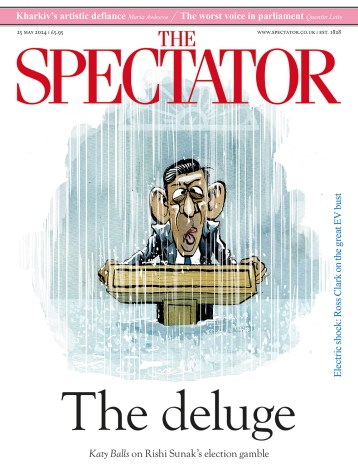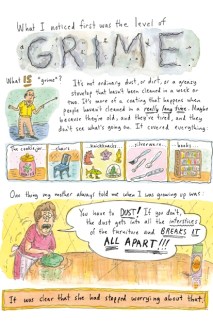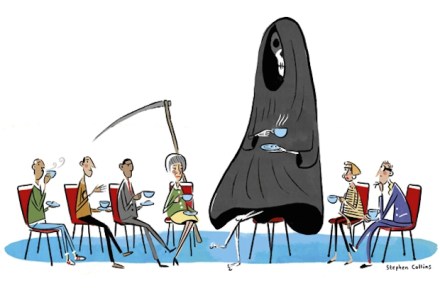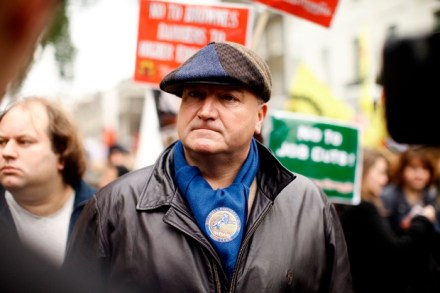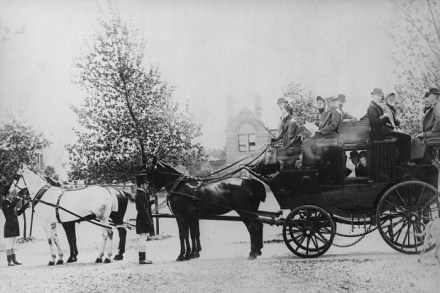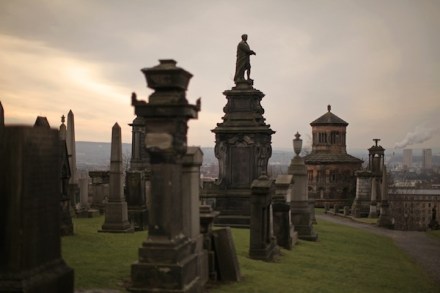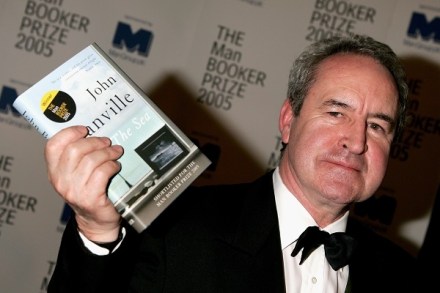Anthony Horowitz’s Diary: Dinner with Saddam, anyone?
I have written a play, but a month after it was sent to half a dozen theatres, I have heard nothing. Either they’re being slow or they’re so shocked that they cannot bring themselves to respond. The play is called Dinner With Saddam and takes place in Baghdad on the evening of the Allied bombardment. It’s a comedy. Is it even possible, I wonder, for an English writer to portray an Arab family in a humorous way without laying himself open to charges of racism? And when all things are considered, was it good or bad timing to send the play out just one day before the Isis forces launched


